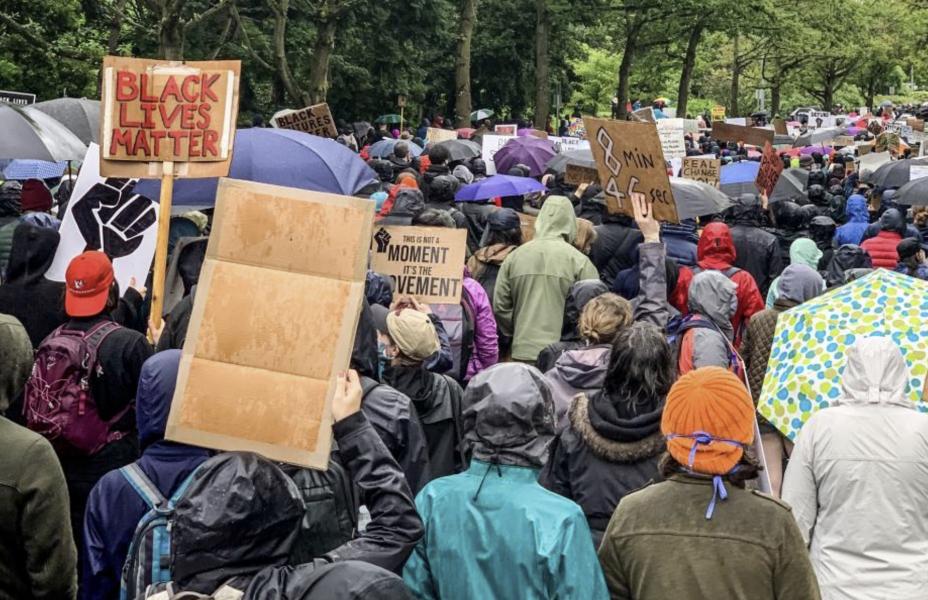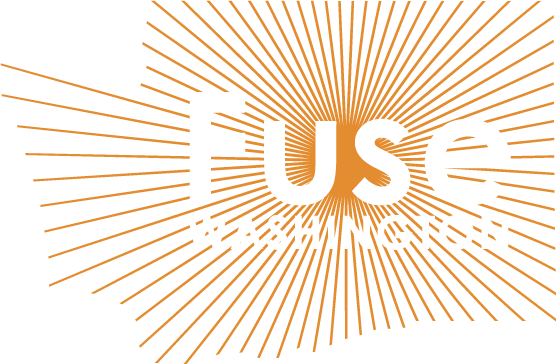Today’s guilty verdict in the trial of Minneapolis Police Officer Derek Chauvin for the killing of George Floyd last year is a relief. Officers are so rarely prosecuted for the violence they commit that even the bare minimum of justice feels like a victory, albeit a hollow one.
The Chauvin trial reinforced what has become more and more clear: we must change our legal and law enforcement systems that allow these murders to happen so often and the officers to be punished so seldom. According to the Mapping Police Violence project, 98.3% of killings by police from 2013-2020 have not resulted in officers being charged with a crime. We must create systems that will not just hold officers like Chauvin accountable, but more importantly, keep people like George Floyd alive and safe.
This year, we’ve supported several bills backed by the Washington Coalition for Police Accountability that start to address the root causes of police violence in our communities. Here’s an update on where things stand in Washington:
- HB 1054 bans the use of hyper-aggressive tools and tactics like chokehold and neck restraints, no-knock warrants, hot pursuits, and shooting at moving vehicles that result in tragedy for civilians and police officers and escalate the risk of needless violence in our communities. The state House and Senate passed two different versions of this bill and they are negotiating a compromise now. Send a message to your legislators in support of this bill.
- HB 1310 creates a new statewide standard for the use of force and de-escalation. It requires that deadly force only be used when necessary to avoid imminent harm. Police hold state-sanctioned power over life and death, and they should handle that power with care by de-escalating situations. Like 1054, the House and Senate passed different versions of this bill and they are negotiating a compromise. Send a message to your legislators in support of this bill.
- HB 1202 removes obstacles to holding officers and departments accountable for violating peoples’ rights. The current law – known as qualified immunity – largely prohibits victims and families from suing officers. Unfortunately, this bill failed to pass this year but we will work with our partners to bring it back next year.
Beyond these specific bills, we believe that cities and counties across the state must prioritize shifting funds from law enforcement to services that improve the health and safety of our communities. That was a core part of King County Councilmember Girmay Zahilay’s 5-part Electeds For Justice pledge we supported last year.
While Republicans have tried to politicize calls for defunding the police, the fact remains that we spend far too much on armed law enforcement that often makes our communities less safe. At the same time, we nickel and dime diversion programs, unarmed community outreach, affordable housing, health care, and other services that are proven to increase safety and improve quality of life.
Some communities are taking specific actions that we could look to as examples. For instance, Berkeley, California recently passed legislation that prohibits police officers from conducting traffic stops and shifts that role – and funding for it - to unarmed members of a department of transportation. Even this relatively modest reform likely would have saved the life of Daunte Wright and dozens of others each year.
But the problem remains much bigger than this. In order to break through the political gridlock, progressives must continue pushing our elected officials to act boldly in changing the systems and funding that have resulted in law enforcement killing hundreds of innocent Americans each year. In particular, white progressives and predominantly white-led groups like Fuse must use our voices, our power, and our privilege to push our elected officials to act. But beyond that, we need to join Black activists and organizations based in communities of color in re-envisioning community safety that truly protects everyone. In the weeks to come, we’'ll share more paradigm-shifting resources such as who to call in situations that require de-escalation and not violence.
We’re committed to doing this work and we hope you join us.

